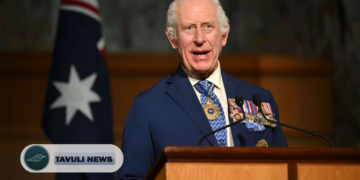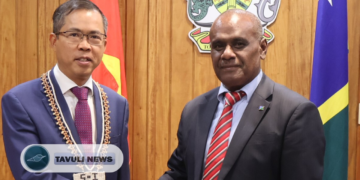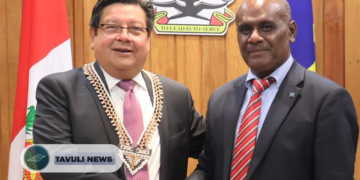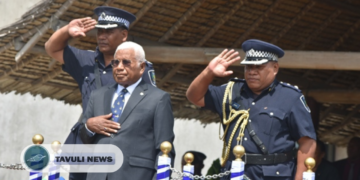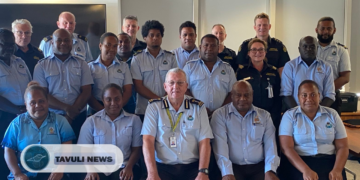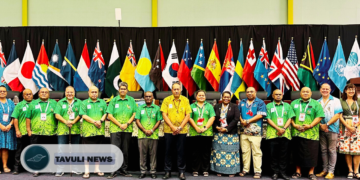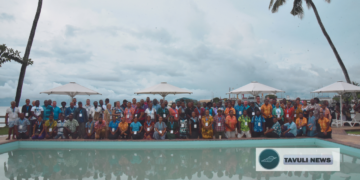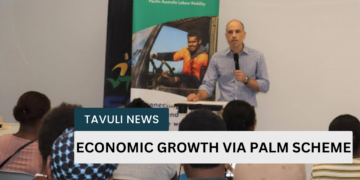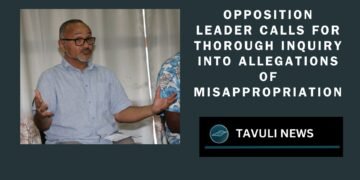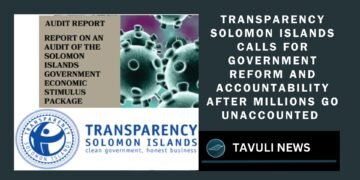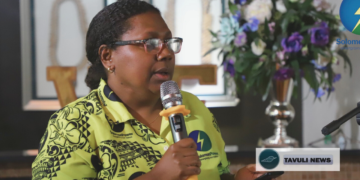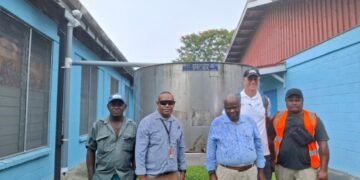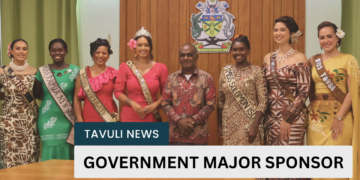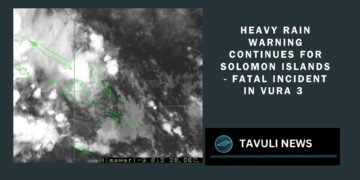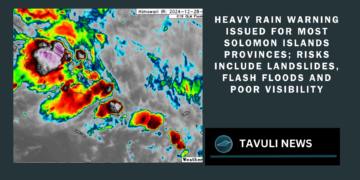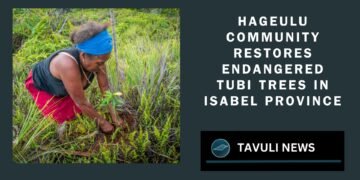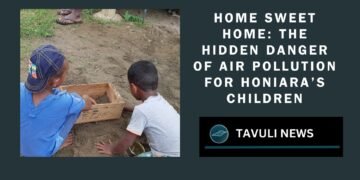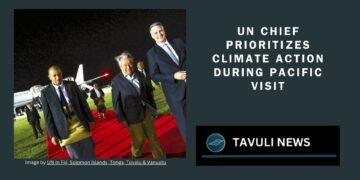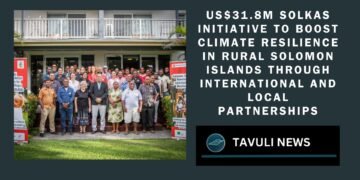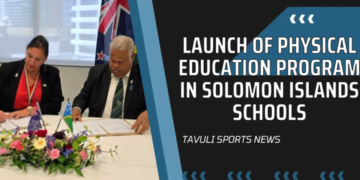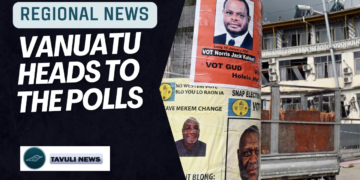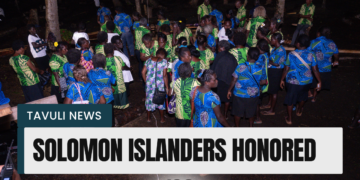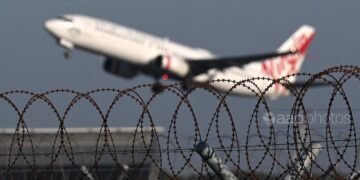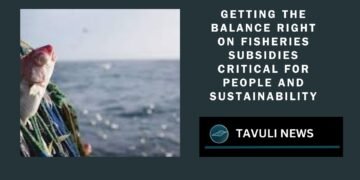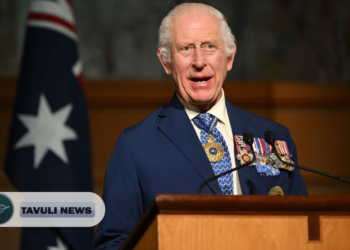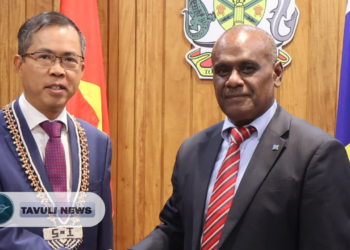Urges overhaul to maximize regional initiatives’ impact amid tight resource competition
A delegation from the Pacific Islands Forum Secretariat is scheduled to visit the Solomon Islands for a comprehensive review of the Council of Regional Organizations of the Pacific (CROP) architecture. This review aims to reassess and strengthen governance and resource allocation to support the effective implementation of the 2050 Strategy for the Blue Pacific Continent. The 2050 Blue Pacific Strategy is a visionary roadmap developed by Pacific Island countries to guide their collective efforts towards a sustainable and prosperous future for the Pacific region.
Collin Beck, Permanent Secretary in the Ministry of Foreign Affairs and External Trade, speaking from the Solomon Islands perspective, highlighted the challenges in managing its membership in nine major entities, each with different governing bodies. Beck stressed the significant financial investments made by the Solomon Islands across these organizations and the necessity to ensure that these investments support the countries effectively. He expressed the need for the review to bring back ownership and leadership within these organizations to drive their agenda effectively.
Beck further emphasized that all these organizations compete for resources from the same partners, leading to thin outcomes despite numerous workshops. He pointed out that the Pacific is the most “workshopped” region, with minimal tangible outcomes observed in-country.
The review, to be conducted in the Pacific region including the Solomon Islands, aims to optimize resource allocation and reinforce national ownership of regional initiatives. The Solomon Islands anticipates that the outcomes of this review will lead to enhanced cooperation and tangible progress in the region.
The nine CROP agencies are:
- Pacific Islands Forum Secretariat (PIFS): PIFS serves as the secretariat for the Pacific Islands Forum, a political and economic alliance of 18 member countries. It facilitates regional cooperation on a wide range of issues, including political dialogue, economic development and regional security.
- Secretariat of the Pacific Community (SPC): SPC focuses on sustainable development in the Pacific region, providing technical assistance and expertise in areas such as agriculture, fisheries, public health and statistics.
- Pacific Islands Development Programme (PIDP): PIDP, based at the East-West Center in Hawaii, promotes economic and social development in the Pacific Islands through research, training and outreach activities.
- Pacific Islands Forum Fisheries Agency (FFA): FFA is responsible for managing and conserving fisheries resources in the Pacific region, including monitoring fishing activities, implementing conservation measures and combating illegal, unreported and unregulated (IUU) fishing.
- Pacific Community (SPC): The Pacific Community, formerly known as the South Pacific Commission, is an intergovernmental organization that provides technical assistance and advisory services to Pacific Island countries in areas such as agriculture, fisheries, forestry and public health.
- Pacific Islands Applied Geoscience Commission (SOPAC): SOPAC provides scientific and technical expertise in the areas of geoscience, water and coastal management to support sustainable development in the Pacific region.
- Pacific Regional Environment Programme (SPREP): SPREP promotes environmental conservation and sustainable development in the Pacific Islands through capacity-building, policy advocacy and coordination of regional initiatives.
- University of the South Pacific (USP): USP is a regional university serving 12 member countries in the Pacific region. It offers a wide range of undergraduate and postgraduate programs, as well as research and outreach activities, to support human resource development and capacity-building in the region.
- Pacific Islands Forum Secretariat (PIFS): PIFS serves as the secretariat for the Pacific Islands Forum, a political and economic alliance of 18 member countries. It facilitates regional cooperation on a wide range of issues, including political dialogue, economic development and regional security.


